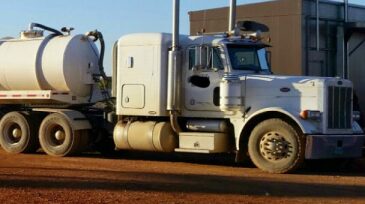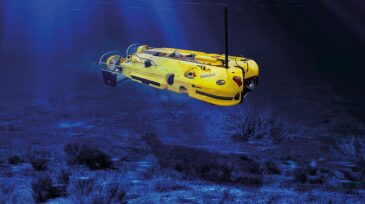-
A Canadian startup company is developing a tool that uses solid rocket fuel to fracture vertical and horizontal wells without the use of water.
-
Fluid Efficiency and Rhapsody Venture will partner to refine and launch a new molecular technology to improve the flow in pipelines.
-
As companies begin examining facilities in the wake of Hurricane Harvey, commercial drones have become a valuable asset in reaching flooded areas too dangerous for people to reach.
-
The composite upstream economic index for Texas increased for the eighth consecutive month due to a number of factors, including increased rig count, drilling permits, and upstream employment figures.
-
Sensor systems for pipeline inspections from Ingu and Rheidiant are among the initial selections to receive funding under Chevron’s CTV Catalyst Program.
-
Despite a decline in oil and gas production and a decrease in revenue from 2015, an Ernst & Young’s study had a cautiously optimistic outlook as the industry adjusts to what it called “the new normal” of a lower, but stable, oil price.
-
Predictive models may help in the estimation of produced water volumes and the optimization of the locations for water recycling and disposal facilities to reduce truck hauling distances.
-
WiSub will lead a consortium with Statoil, Kongsberg, Saab, and other companies and universities to develop a standardized interface for AUV docking with subsea structures, as well as bi-directional power transfer to help charge sensor networks.
-
Baker Hughes, a GE company, agreed to provide services and equipment for Twinza’s Pasca A field development, Papua New Guinea’s first offshore gas field.
-
Service company executives examine how the oil price downturn affected supply and demand for their services in the unconventional sector, and strategies they have undertaken to stay afloat as operators adjust to uncertainty.










